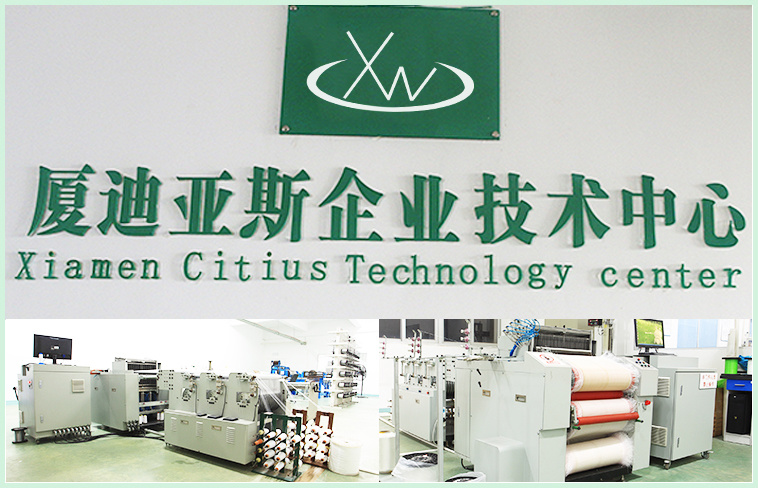The Essential Role of Filters in Fine Chemicals Production
Release time:
2025-10-10
Introduction: The Unsung Heroes of Fine Chemicals
When it comes to the world of fine chemicals, one might not immediately think of filters as pivotal players. But hold on! These unsung heroes are crucial in ensuring the purity and quality of chemical products. Let's dive into the nitty-gritty of filter use in fine chemicals and uncover why they're indispensable in this industry.
What Are Fine Chemicals Anyway?
Fine chemicals are specialized organic compounds that serve as building blocks in countless products, from pharmaceuticals to agrochemicals. They're typically produced in smaller quantities than bulk chemicals, which means their production processes need to be more controlled and precise. And this is where filtration comes into play!
Types of Filters: A Quick Rundown
Now, let's not beat around the bush—there are various types of filters out there, each with its own flair and function. Some of the common types include:
- Membrane Filters: These are the go-to for microfiltration, perfect for separating particles from liquids.
- Depth Filters: Think of these as sponges that trap particles throughout their structure.
- Activated Carbon Filters: These filters are champs at removing impurities, thanks to their high surface area.
Why Filter Use in Fine Chemicals Matters
So, why is filter use in fine chemicals so critical? Oh boy, where do we even start? Here are a few reasons that will make you nod in agreement:
- Purity is Key: In fine chemicals, impurities can wreak havoc on product quality. Filters help ensure that the final product meets stringent purity standards.
- Efficiency Boost: Filtering out unwanted particles can streamline production processes, saving both time and money.
- Regulatory Compliance: With strict regulations in place, using filters can help manufacturers meet industry standards and avoid costly fines.
Real-World Applications: Filters in Action
Let's get a bit more practical, shall we? Take the pharmaceutical industry, for example. Here, filter use in fine chemicals is paramount. During the production of drugs, filters are used to remove contaminants that could compromise patient safety. Can you imagine the fallout if a medication were to contain impurities? Yikes!
In the agrochemical sector, filters play a similar role. They help ensure that pesticides and fertilizers are free from harmful substances, thus promoting safer agricultural practices. Talk about a win-win!
Innovations in Filtration Technology
The world of filtration isn't stagnant; it's constantly evolving! Nowadays, advancements in filtration technology are making it easier, faster, and more efficient for the fine chemicals industry to produce high-quality products. For example, nanofilter technology is making waves by offering even finer filtration capabilities.
Moreover, automation is on the rise. Automated filtration systems allow for real-time monitoring and adjustments, resulting in optimal filtration processes that can adapt to changing production needs.
Challenges to Consider
But, it's not all rainbows and sunshine. The fine chemicals industry faces challenges with filter use, such as:
- Clogging: Filters can become clogged, leading to decreased efficiency and increased maintenance costs. Regular monitoring is a must!
- Cost: High-quality filters can be expensive. However, investing in the right filtration system can save money in the long run.
Conclusion: Filters—The Backbone of Fine Chemicals
In conclusion, filter use in fine chemicals is more than just a technicality; it's a fundamental aspect that shapes the industry. From ensuring product purity to enhancing process efficiency, filters are the backbone of fine chemicals production. So, the next time you think of fine chemicals, remember the silent yet powerful role that filters play in crafting the products we often take for granted!
Previous article:

